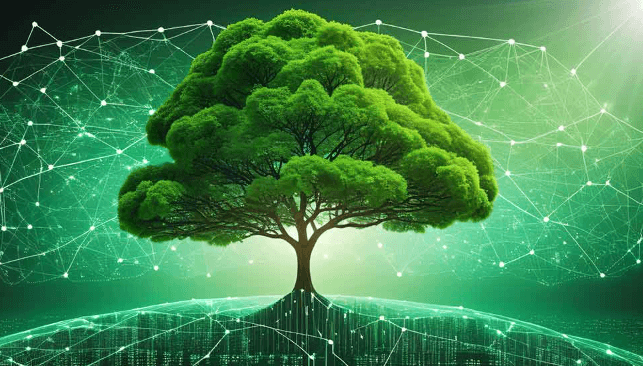Exploring Green Technology: Making Tech More Sustainable

The integration of green technology into our daily lives has become increasingly vital, as it directly addresses the environmental challenges we face today. Innovations in renewable energy sources, the use of sustainable materials in product design, and the rise of energy-efficient smart devices are reshaping the technological landscape. However, while these advancements offer promising solutions, they also raise important questions about long-term viability and consumer responsibility. Understanding the implications of these developments is crucial as we consider what sustainability truly means in the context of technology. What lies ahead in this evolving narrative?
The Importance of Green Technology
Green technology is increasingly recognized as a critical component in addressing the pressing environmental challenges of our time.
By embracing eco-friendly practices, individuals and organizations can significantly reduce their carbon footprint.
This shift not only fosters a healthier planet but also empowers consumers to make informed choices that align with their values, ultimately promoting sustainability and freedom in an increasingly interconnected world.
Renewable Energy Innovations
Innovations in renewable energy are reshaping the landscape of sustainable power generation and consumption.
Solar power advancements, coupled with cutting-edge wind energy technologies, enhance efficiency.
Bioenergy solutions and geothermal systems offer diverse alternatives, while energy storage developments ensure reliability.
Furthermore, smart grids optimize energy distribution, empowering consumers and enabling a decentralized approach to harnessing natural resources, ultimately fostering a more sustainable future.
Sustainable Materials in Tech
The integration of sustainable materials in technology is revolutionizing the manufacturing landscape, driving a shift towards eco-friendly practices.
Biodegradable components and recycled electronics are at the forefront of this change, reducing waste and resource consumption.
Companies are increasingly prioritizing these materials, promoting not only environmental responsibility but also consumer freedom, as eco-conscious choices empower individuals to support a sustainable future in technology.
Energy Efficiency and Smart Devices
As consumers increasingly demand greater efficiency, the emergence of energy-efficient smart devices has become a pivotal aspect of modern technology.
These devices facilitate advanced energy management within smart homes, optimizing usage while reducing waste.
By integrating intelligent systems, users can monitor and control their energy consumption, fostering a sustainable lifestyle.
The synergy of convenience and eco-friendliness positions smart devices as essential components of future living.
Conclusion
In conclusion, the integration of green technology is pivotal for achieving a sustainable future. The case of Tesla’s solar roof exemplifies the potential of renewable energy innovations in residential settings, demonstrating how solar energy can be harnessed effectively. By prioritizing sustainable materials and energy-efficient devices, the tech industry can significantly reduce its environmental footprint. As advancements continue, collective efforts towards eco-friendly practices will ultimately foster a more sustainable and healthier planet for future generations.





